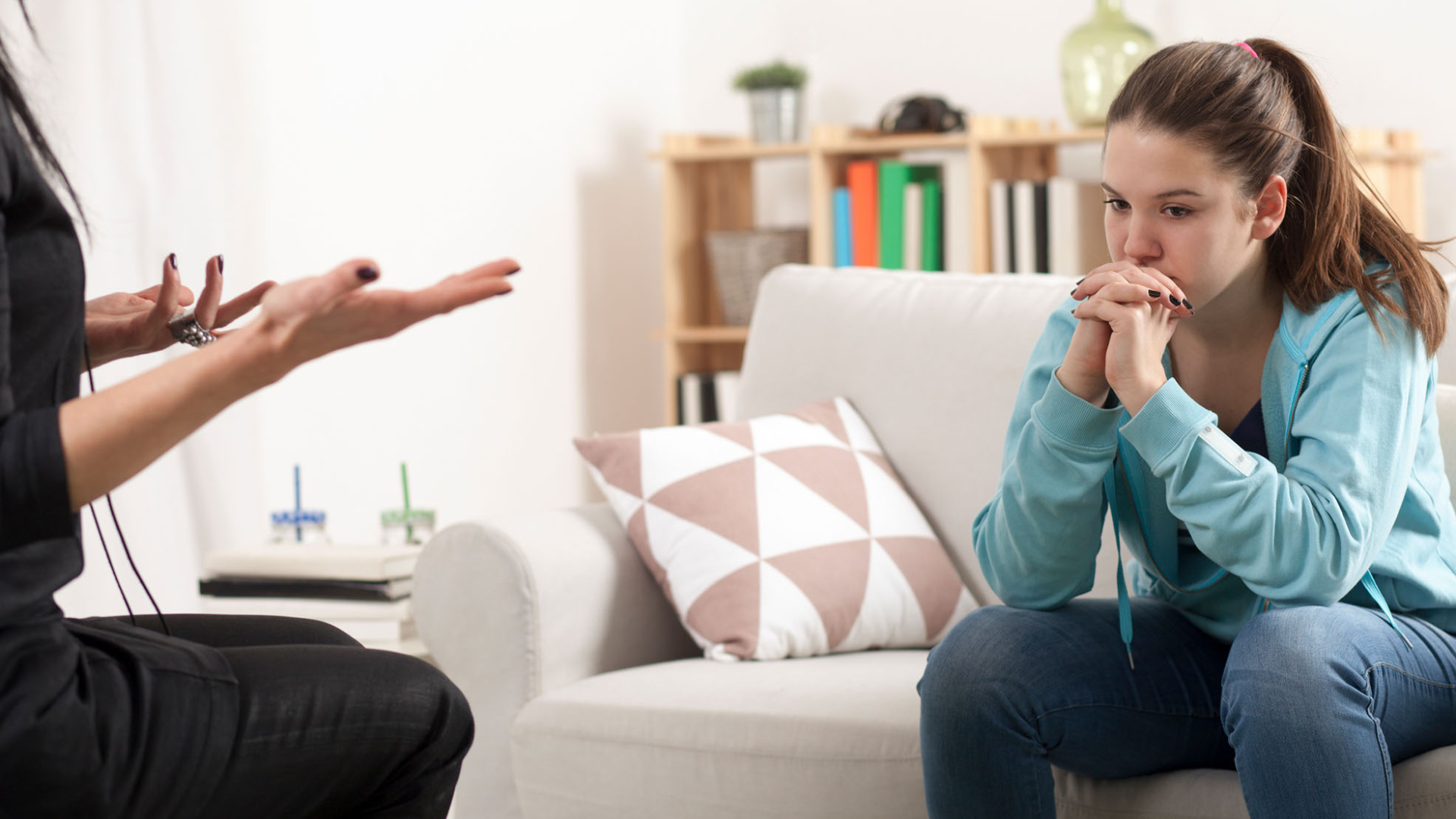'What gives you the right to tell other parents what to do?'
When a journalist pitched that question at one of my fellow *Parent Gym coaches the poor woman stumbled then tried to justify her work by talking about all of the training she'd received. I've thought it about it ever since because it's a classic journalist's way of getting a person to feel emotional by challenging their authority. It's the sort of question you use for politicians, not mums trying to do something good for the community. It bothered me because so often we want to help each other but we fear getting it wrong.
Roll the clock forward to when I asked Susie to co-host this podcast and her response was 'I don't think I'm qualified.' I laughed. Susie is a professional mindfulness coach who works with both adults and kids, she's a qualified psychotherapist and, most importantly, she's raising three teens as a lone parent. How much more qualified does anyone need to be?
Don't get me wrong, I'm a fan of deep learning and qualifications, and we always try to flag up when the problem needs professional intervention, but do we need bits of paper to help each other? Is helping really about authority?
I don't know about you but I learnt very early in my parenting journey that no parent likes being told what to do unless they specifically ask for advice. When they do ask the thing they don't need is any form of judgement because this parenting gig is complex, difficult, and fraught with shame. If we do offer advice we need to be prepared for them to respond with a range of emotions, some of which may sound like anger or rejection. Also, they may do precisely the opposite because, well, it's ultimately their choice. So to really help others we need to engage a degree of selflessness and not take anything too personally.
Let's pause for a moment and re-read the last paragraph replacing parent with teenager.
Does that strike a chord? It does with me. So how do we help each other?
Parent Gym has a brilliant format. Our job was to bring parents together, go through a structured programme looking at the key issues they might be facing, and offer them a range of tools they might use to solve their problems. The genius of the format is that it relies on providing a safe space so parents can talk to others struggling with the same issues. It removes shame and seclusion, but I also discovered that the act of hearing other parents talk about their approach helps us to frame our own thoughts. Maybe we don't deal with things the same way as the person next to us but we only understand why when we start to notice the differences and delve into our own values. I honestly learnt as much from delivering the course as all of the parents that I helped.
Last November, when Alex asked me to start a parenting teens podcast, it was obvious to me that I needed to try and mimic what went on those rooms. Sadly, we can't all be together but you can hear Susie and I talk about the way we do things, along with the expert advice that I've found in my research, and that in itself can give us the chance to reflect on what we are doing and why.
One of the magical things that used to happen when I delivered the course was that there would always be one parent whose body or face would show they'd suddenly realised something. I'd spot it and know that a door had opened so I could step in to help them.
That magic can happen between you and other parents, or you and your teen, but we can't break down the door, we have to help them open it first.
So how do we do that?
In my experience the the most important thing is that we first need permission. When my teen talks to me I always try to ask,
'Do you want to vent or do you want advice?' Mostly it's venting.
The next thing is to empathise. Whether it's another parent or our own teenager I've learnt that it's vital to show genuine appreciation and support for how hard their situation is, and that means putting away the wagging finger.
When we judge others two things happen; they feel awful which stops them from being open to our help, but we also turn off our curious mind. I learnt about how critical curious thinking is whilst researching for this podcast. It's used extensively in mindfulness where, instead of instantly trying to fix something that feels horrible, we put on our detective hat and try to explore it so that we can better understand where the discomfort is coming from.
The best way to be curious is to gently ask questions. Help them to feel their way through the issues and reflect back to them what we think they're experiencing. This gentle searching for information is far more likely to get past defensive smoke screens and help them to see the real problem they're trying to fix.
So when we think about 'What gives you the right?' I guess as a parent we can all argue that we have the right to dole out advice to our teens. We certainly have the responsibility to set boundaries and create a safe home environment, but I've found with both my friends and my teens that we all do better if we start with the assumption that we're not there to tell them what to do, but rather to give them somewhere safe to think things through and work it out for themselves. Every time I have done this successfully (my friends and teenagers will tell you I do fail) my teens have found the right answer and grown in confidence.
We truly hope that Teenagers Untangled can give you a safe space to help you figure out what's right for you and your family without any sense of judgment or shame. Not every problem needs expert intervention. Sometimes it just needs time, deep thought and understanding; an audible hug.
*A London-based charity that has taken knowledge from the best sources and distilled it into a free parenting programme to be delivered in the most deprived areas of the city.





